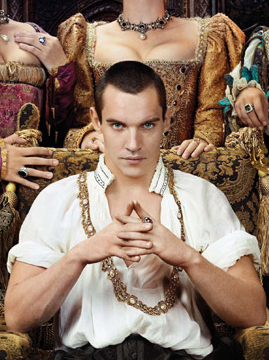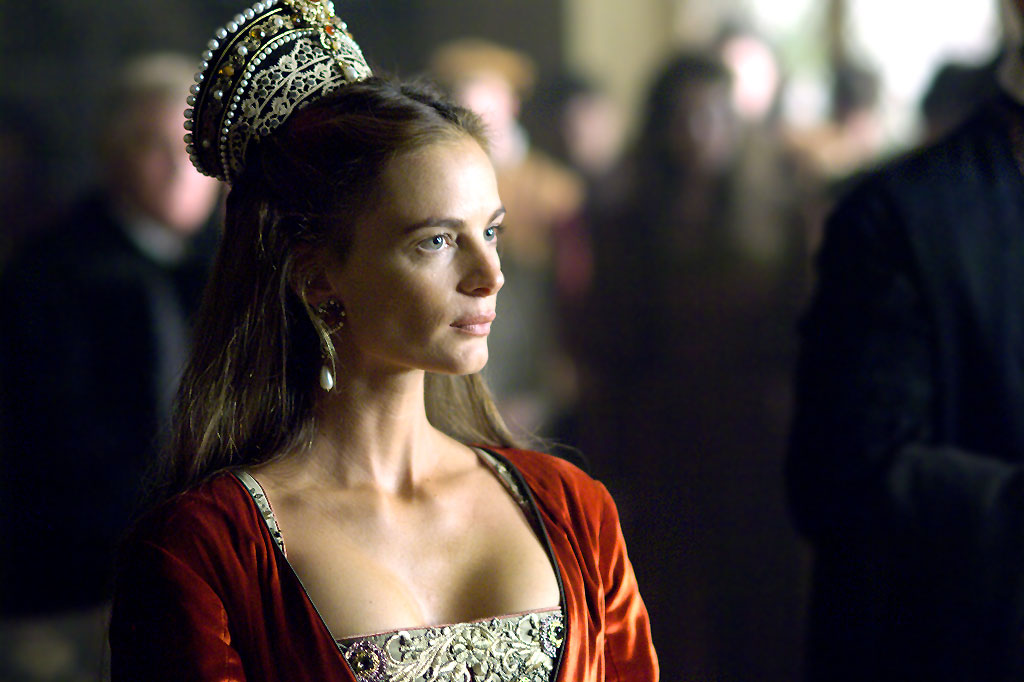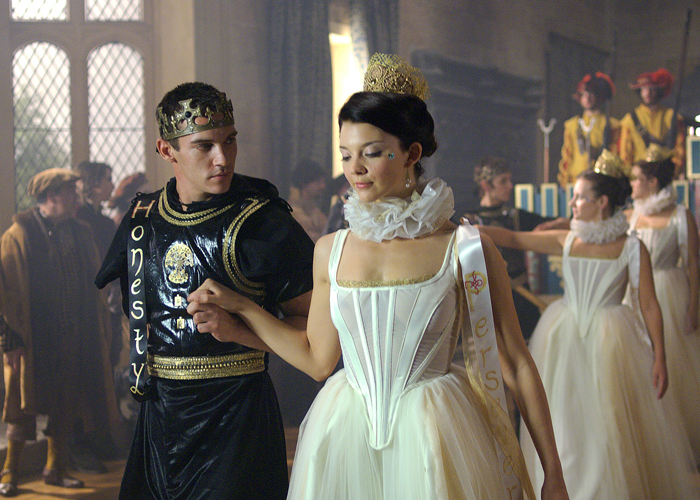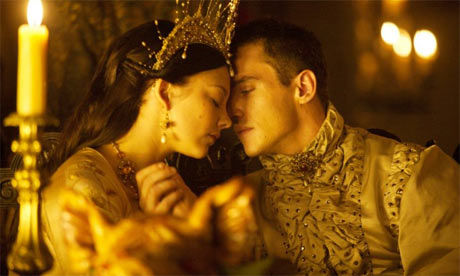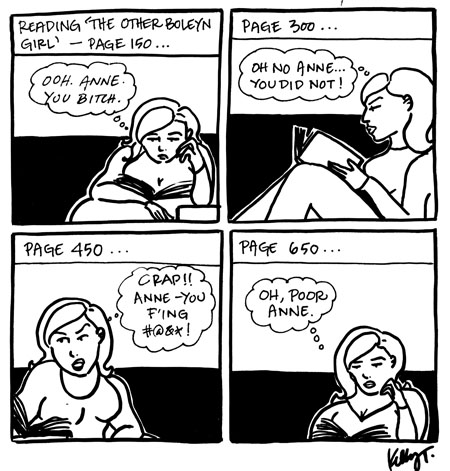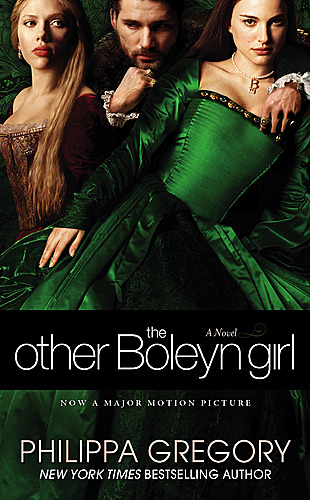So I didn’t do an epic best of list for 2008…whether it’s because I was too busy, or because I was wiped out from being sick for a month, or just because in general I was less impressed with what I saw, read, and listened to I’m not sure. But in looking at the films from this year, I thought there were enough good ones (a lot of solid 4 stars – very few 5 stars) that I should at least make my lazy self do a best films of 2008.
Please keep in mind that this list is missing some pretty significant films as I was not great about getting to the theater this year. Likely contenders for best films that are notably missing because of I’ve yet to see them are Synechdoche New York, The Reader, Elegy, W, Taxi To The Dark Side, Religulous, Zack and Miri Make a Porno, Tell No One, Che, Wendy & Lucy, American Teen, Blindness (which I was dying to see but still managed to miss) and The Wrestler. Any of these films had the potential to drastically change the list below, had I been more on the ball with my filmgoing…

10. The Curious Case of Benjamin Button 4 stars
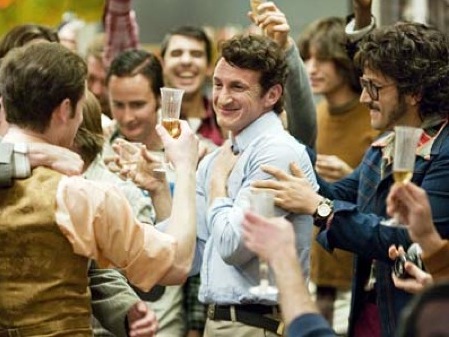
9. Milk 4 stars
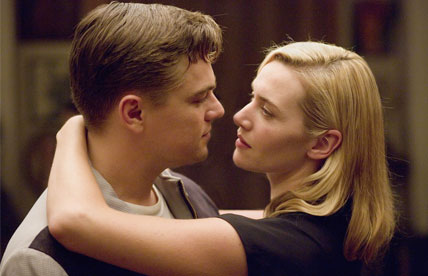
8. Revolutionary Road 4 stars
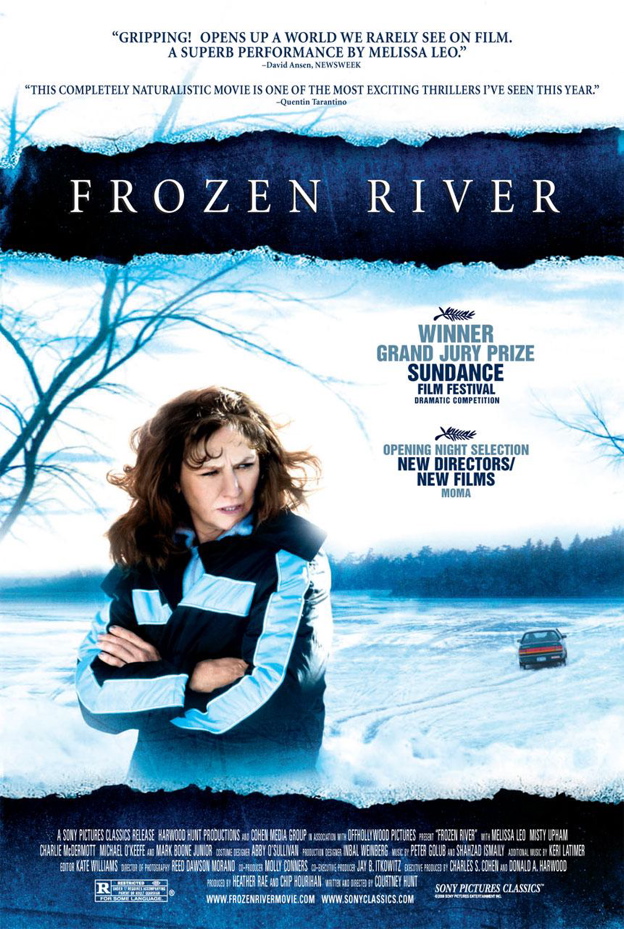
7. Frozen River 4 stars
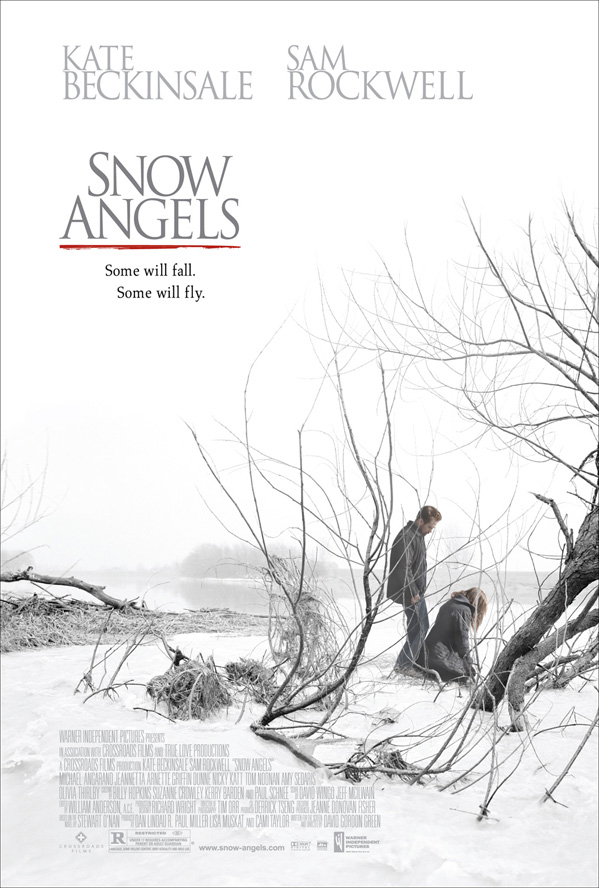
6. Snow Angels 4 stars
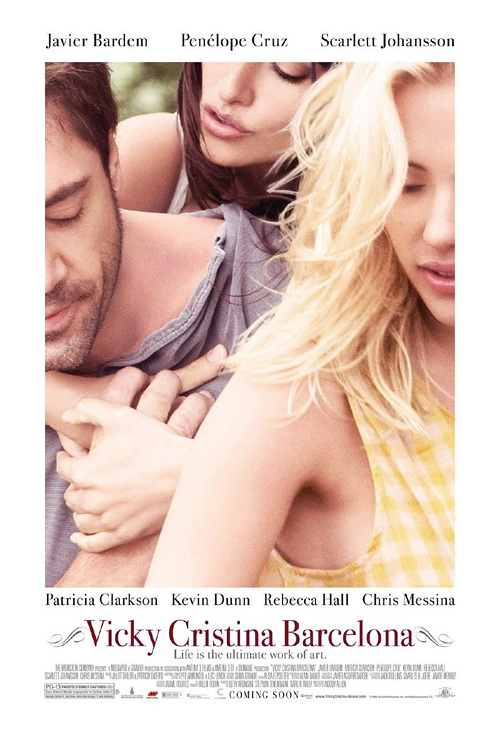
5. Vicky Cristina Barcelona 4 stars
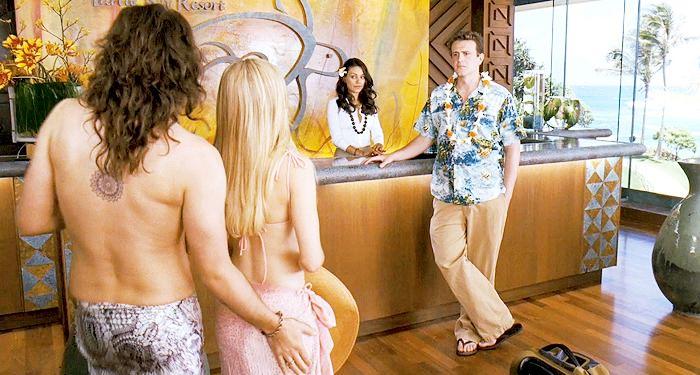
4. Forgetting Sarah Marshall 4.5 stars
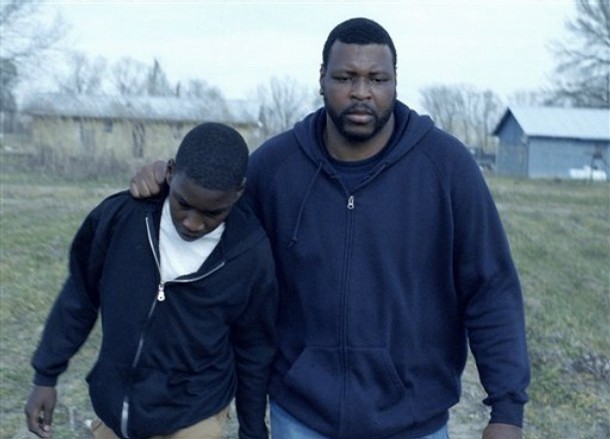
3. Ballast 4.5 stars
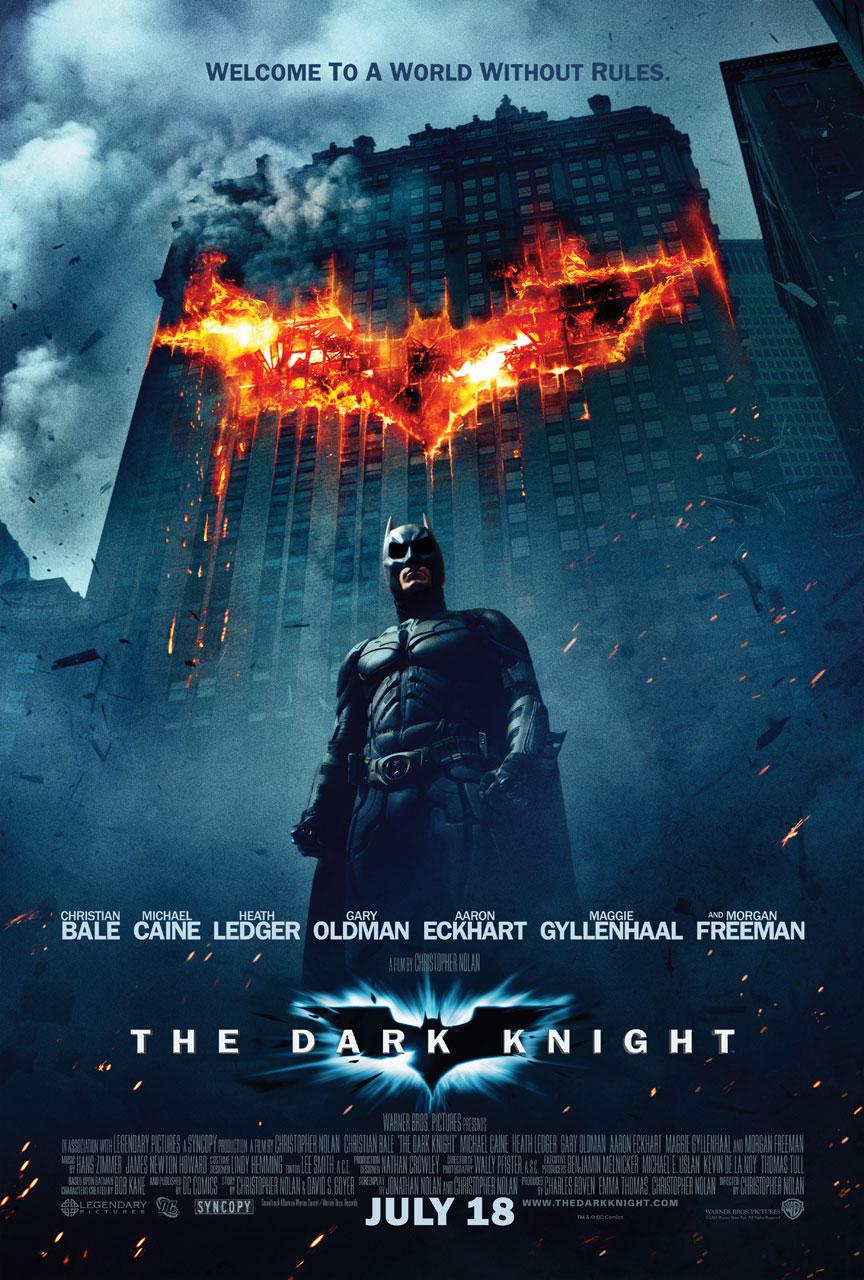
2. The Dark Knight 4.5 stars
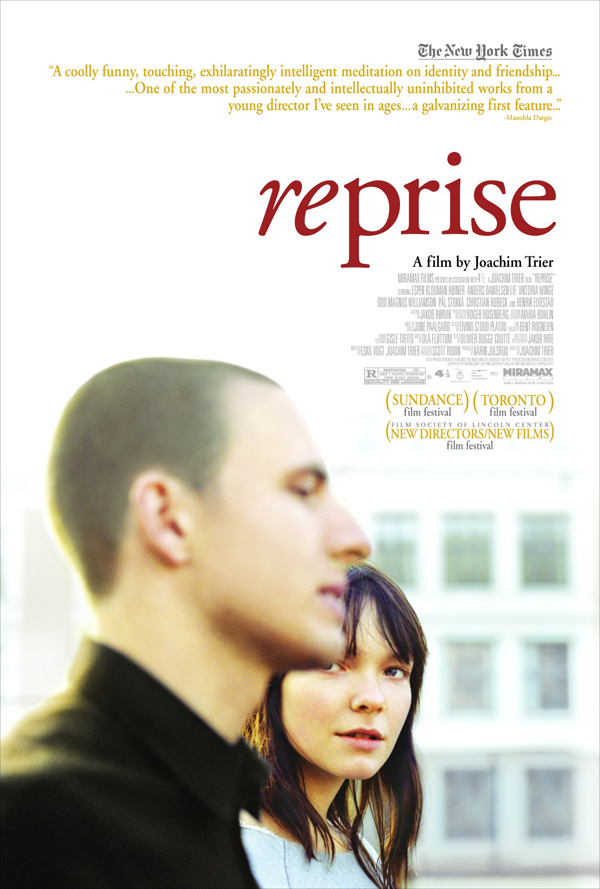
1. Reprise 5 stars
Runner’s Up: Wall-E and Iron Man
I have to say, reviewing this list, it was a very depressing year overall. Of the ten films on my list I would say at least seven or eight are significantly depressing. Maybe I just had a depressing year and so everything seems more depressing to me? Could be.
The Nice Surprises of 2008? Let The Right One In, Rachel Getting Married, and Redbelt (though I’ve got some serious problems with it, the end largely redeemed it).
Biggest Disappointment of 2008? The Changeling. I enjoy Jolie and thought it was going to be great…it was decidedly not great, though I don’t blame Jolie for it. Runners up for biggest disappointments go to: My Blueberry Nights, Burn After Reading, Married Life, The Last Mistress, and Brideshead Revisted all of which I had high hopes for…hopes that were dashed horribly against sharp rocks.
The Middling Mediocre Middle Ground of 2008? Hancock (eh), Semi-Pro (barely eh), Step Brothers (eh when it should have been hilarious), Cloverfield (eh), Wanted (eh, Jolie saved it from being an utterly unwatchable special effects commercial), and Hellboy 2 (eh, too many effects, not enough of everything else).
Worst Film of 2008? The worst film I saw in 2008 was The Other Boleyn Girl, if only because the book (not even the kind of book I generally read) is freaking fantastic, and how you can screw that up so badly is beyond me. The worst mainstream film made in 2008 had to be a three way tie between Gran Torino and Nights in Rodanthe. I didn’t see either film, but seeing the previews alone was enough to make me want to slit my wrists and gouge out my eyes. In the case of this tie I’d have to award the final prize to Gran Torino…how can Clint Eastwood sometimes be so right on and awesome and sometimes be so off the mark and hideously awful? It defies explanation…
Worst Film of 2008 that I refused to see in the theater and hid out watching in my apartment and am embarrased to say I paid for: Another tie folks…Sex and the City and 27 Dresses. Where Katherine Heigl gets off talking shit about Knocked Up for being “anti-female” or whatever and then doing this dreck and thinking it’s somehow “female positive” I have no idea. As for Sex and the City, it was better than I expected it to be in that the preview looked like one giant commercial, however, I cannot respect this film as I don’t understand how a film can actually have a character while ‘down on her luck’ talking about Cinderella to a child and trying to explain how things don’t always work out that way – happy ending-ish and all – trying to explain that it’s fiction…just a story, and then have that character do a 180 in the next 40 minutes and LITERALLY have a Cinderella style moment in which she is proposed to and a slipper is placed on her foot…SERIOUSLY!?! WTF?!?! If they were doing it tongue in cheek…or as a joke…or something I could maybe forgive it, but I just don’t believe they were. The rest of the film wasn’t smart enough for that part to be a joke. So, bad on you SATC. bad.

